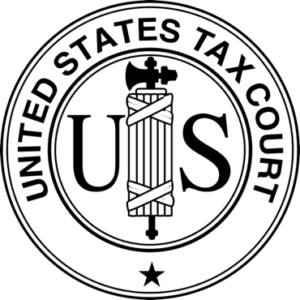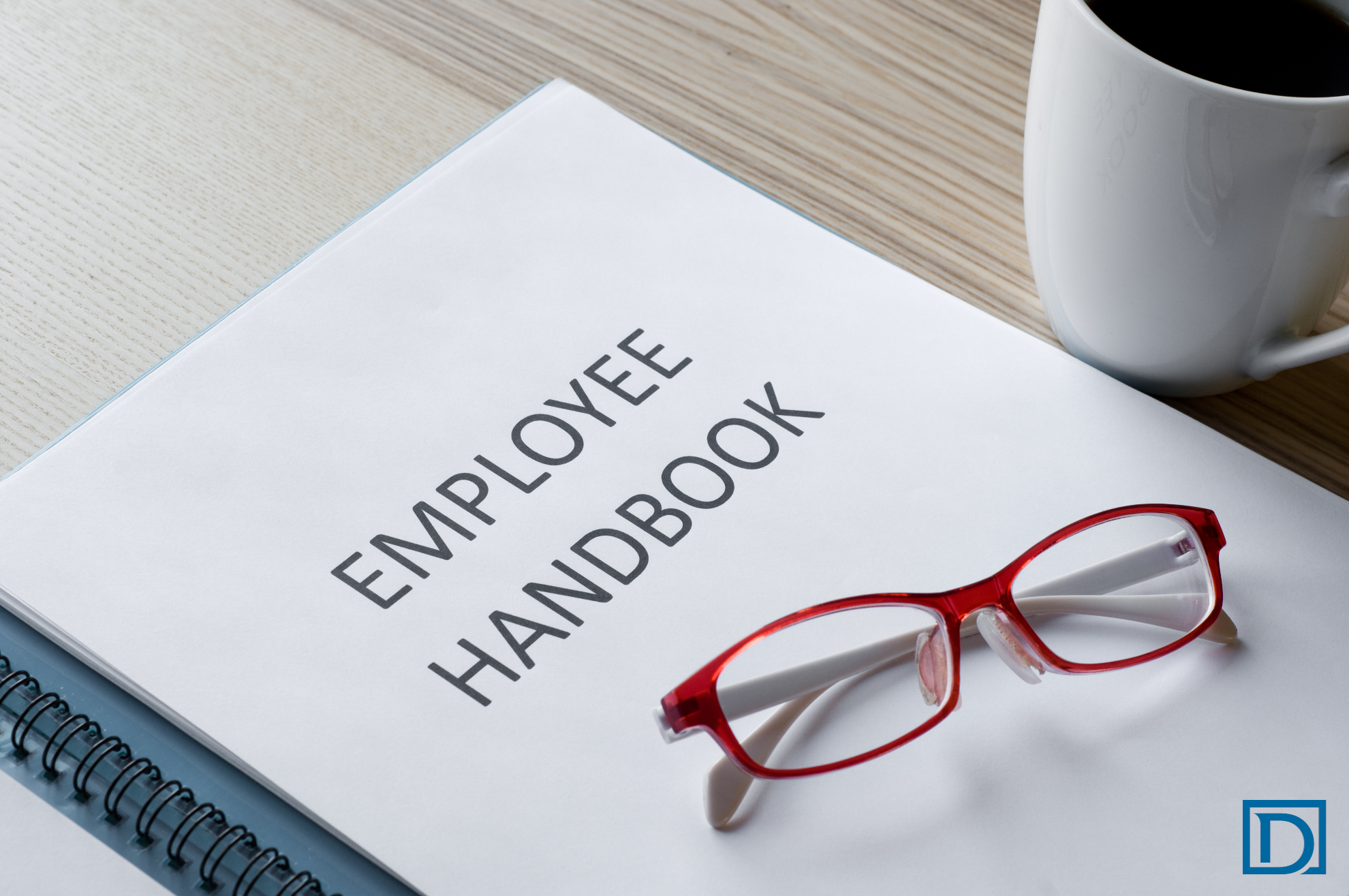 The Tax Court in Mescalero Apache Tribe v. Comm’r, U.S. Tax Ct. 2017 LEXIS 12, *2 issued a new ruling which may increase an employer’s ability to discover its employees’ tax information. This case involved a disagreement between the Mescalero Apache Tribe and the IRS, which centered on the topic of whether the Tribe could limit its obligation to pay taxes and penalties to the IRS for workers who were misclassified as independent contractors, where some of those payments had already been made by the misclassified workers. In short, the court ruled that the Tribe was liable for any taxes, interest or penalties resulting from the misclassification. However, the Tribe was not liable for any taxes that were already paid by the workers upon being given a 1099. It was this assessment which gave rise to another conflict – how was the Tribe supposed to prove that a worker paid “x” amount of taxes if the IRS chose to invoke a provision in the tax code which barred disclosure of tax information from discovery?
The Tax Court in Mescalero Apache Tribe v. Comm’r, U.S. Tax Ct. 2017 LEXIS 12, *2 issued a new ruling which may increase an employer’s ability to discover its employees’ tax information. This case involved a disagreement between the Mescalero Apache Tribe and the IRS, which centered on the topic of whether the Tribe could limit its obligation to pay taxes and penalties to the IRS for workers who were misclassified as independent contractors, where some of those payments had already been made by the misclassified workers. In short, the court ruled that the Tribe was liable for any taxes, interest or penalties resulting from the misclassification. However, the Tribe was not liable for any taxes that were already paid by the workers upon being given a 1099. It was this assessment which gave rise to another conflict – how was the Tribe supposed to prove that a worker paid “x” amount of taxes if the IRS chose to invoke a provision in the tax code which barred disclosure of tax information from discovery?
In answering this question, the court employed a two-part test aimed at allowing the Tribe to discover relevant tax information from hard-to-trace employees. First, the court reasoned that to discover IRS information, the Tribe must prove a “transactional relationship.” Secondly, the information sought must be “directly related” to that transactional relationship. The court reasoned that both prongs were met, as the Tribe’s employment of the workers constituted a transactional relationship, and the discovery of tax material was conducive to the resolution of the case.
While the court has remained purposefully vague, it intends to allow employers to seek disclosure of IRS information in the event that there is a dispute over worker classification and subsequent duty to pay. Furthermore, the Tax Court has effectively stated that most acts which constitute a “carrying on of business,” will qualify as transactional relationships. The direct relation of an employee’s tax information to the transactional relationship will likely vary on a case-to-case basis.
Employers who believe that they may have misclassified their employees as independent contractors should contact counsel to help prevent or limit their liability regarding a potential misclassification.
This article was written by Nezar Habhab, Law Clerk.



